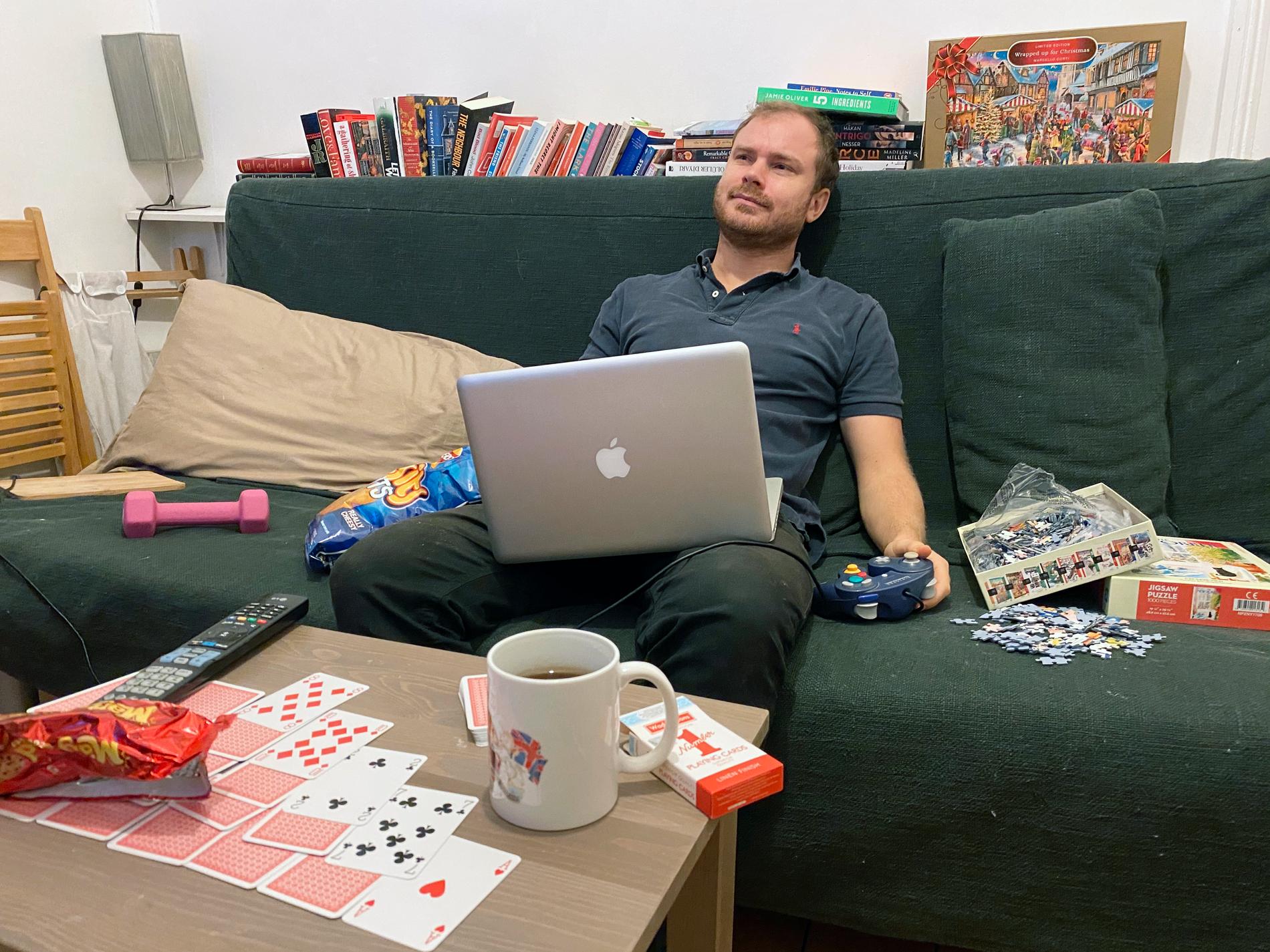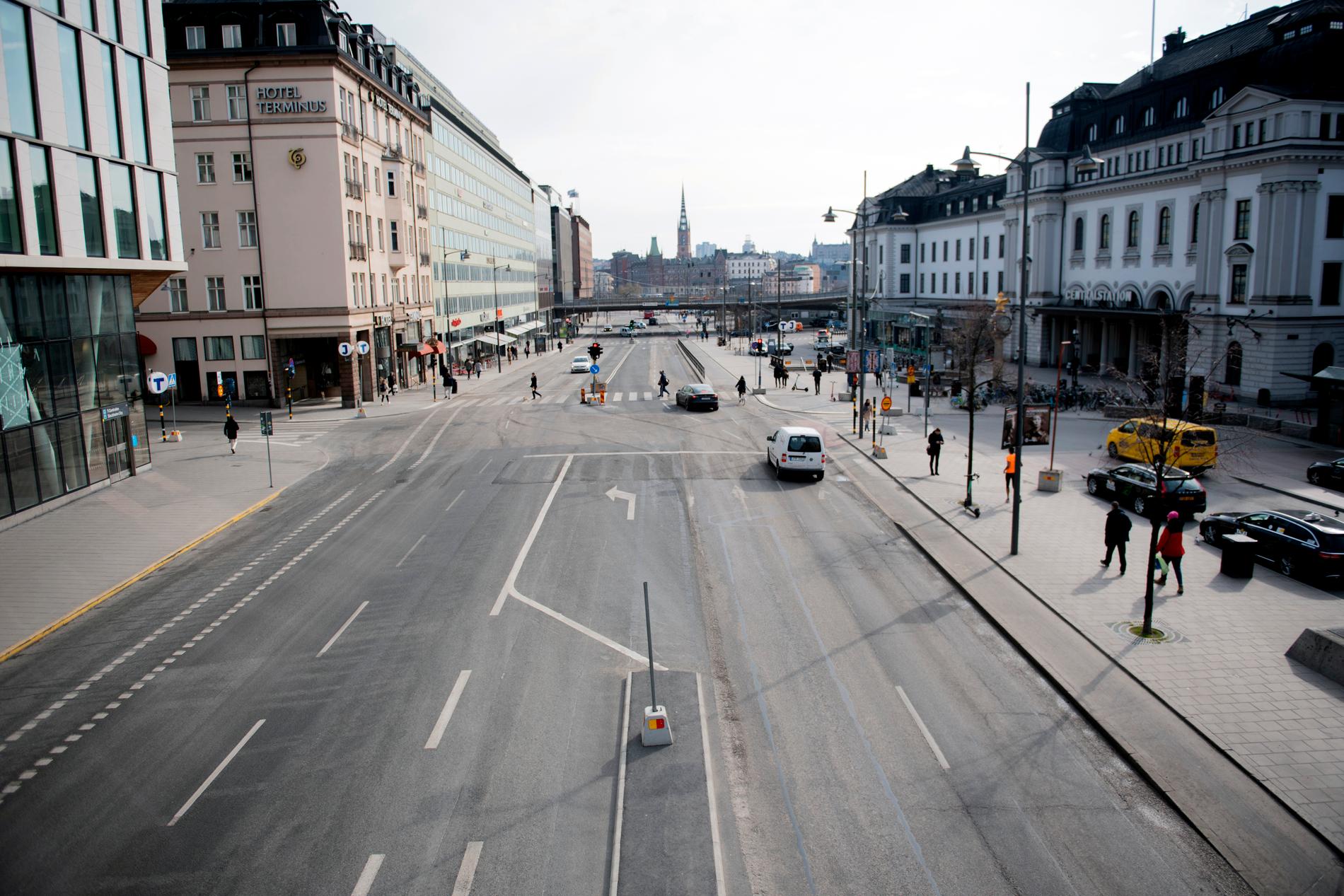Drone-shaming police and fines would have little effect in Sweden
Uppdaterad 2020-04-03 | Publicerad 2020-04-02
LONDON. Police on the streets make sure Britons don’t leave their home unless it is essential.
Meanwhile, Swedish bars and restaurants are still open for business.
Daily Mail asks if the Nordic country is ”heading for catastrophe” – in Britain it seems to have already arrived.
Planning my flatmate’s 30th birthday tomorrow is quite a challenge as we can’t leave our house.
Since last Monday, people in Britain are only allowed to go out for an hour’s exercise a day, to buy groceries or medicine or to get to work – if essential. If you do go out, you can’t be in groups of more than two people unless it is people you live with. Also, all pubs, cinemas, restaurants, bowling alleys, and anything else that could make for a perfect birthday party in London are shut anyway.
After nine days like this, I feel like I’m in full lockdown mode. Perhaps a bit afraid of conflict, I’d rather stay indoors than risking explaining to the police that this is my only exercise today, that I really needed to get this pack of pasta, or that I do indeed live with the person I am out for a walk with.
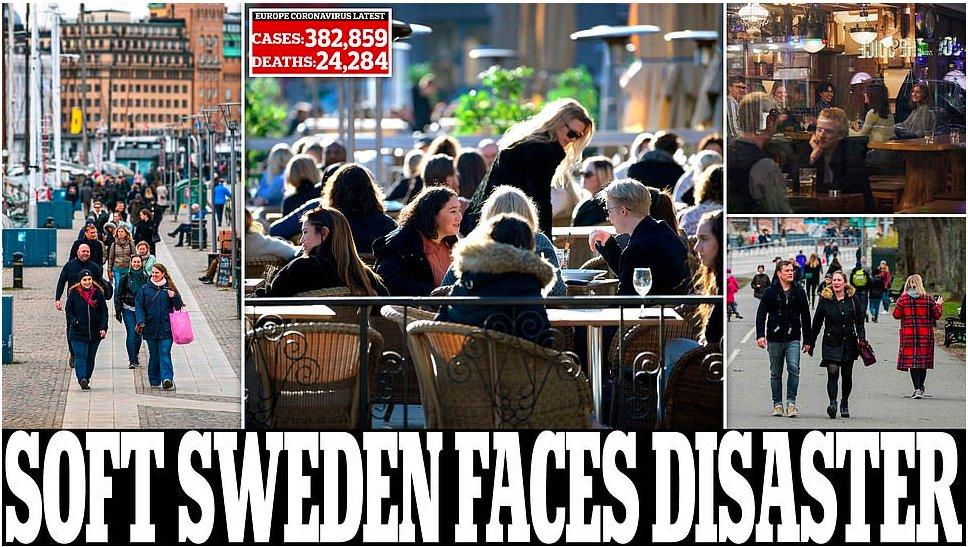
Reminders to keep the two-metre distance are painted all over the walking path in our local park. The other day a man stopped my flatmate and yelled at her – breaking the two-metre rule – for having run too close to him. The supermarkets are arranging nice queues to make sure not too many people are in them at the same time. Inside, no-one looks you in the eye, standing on the tape marking a two-metre distance to each other as we check out at the cashier behind the big plastic screen.
At the same time I see pictures of friends back home in Sweden who are out enjoying the spring weather in parks, cafés and bars, as if the world was not about to end. Last week I interviewed Agnes Wold, a professor in clinical bacteriology who has become a nationwide celebrity in my home country during the corona outbreak, asking her about 21 social situations and how Swedes should respond to them. Could they go to the cinema? Yes. Go for a beer? Of course. Host a birthday party for their kids? Absolutely, as long as the grandparents are not involved.
“Avoid to mix across generations and try to be outdoors as much as you can,” was her general message. My flatmate would have had a great birthday there.
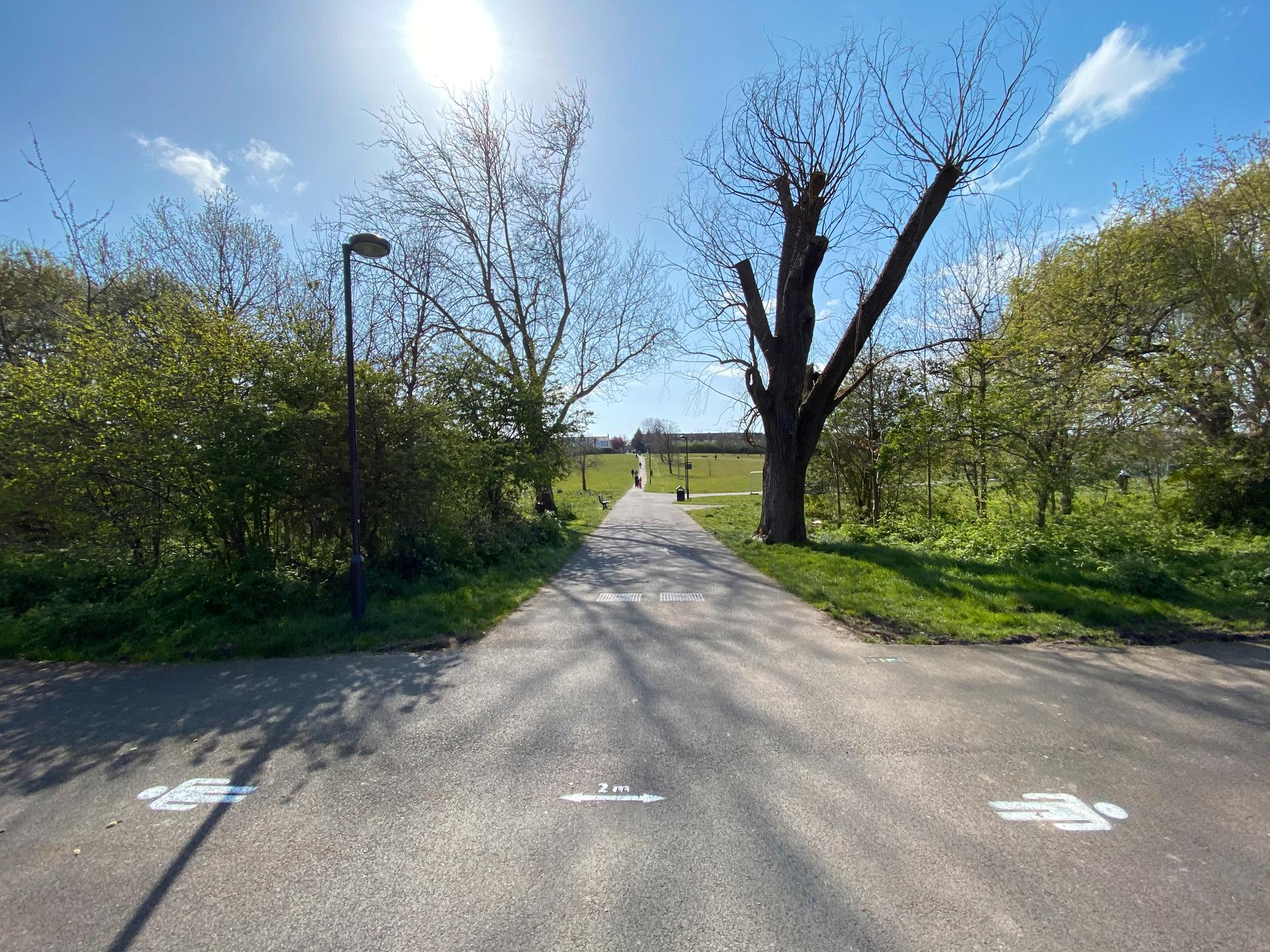
”Is Sweden heading for catastrophe?”
When most of the world is in a lockdown, the Swedish response to the corona virus outbreak is unique. Schools, bars and restaurants are still open. Gatherings of up to 50 people are still allowed and the government – leaving a lot of the decision-making to the Public Health Authority – settles for kindly asking people to wash their hands, work from home if possible, and avoid unnecessary travel. The approach has led to a lot of international attention.
”Is softly, softly Sweden heading for catastrophe?” asks a headline in the Daily Mail as their Sweden-based writer Paul Connolly reacts to the Nordic country’s ”maverick response to coronavirus crisis” with ”deaths set to soar and ministers faced with fury”.
He writes that some citizens ”are furious at their government’s pointedly relaxed approach to containing coronavirus”, while admitting that ”Sweden’s liberal attempts to flatten its infection curve seem to be working”.
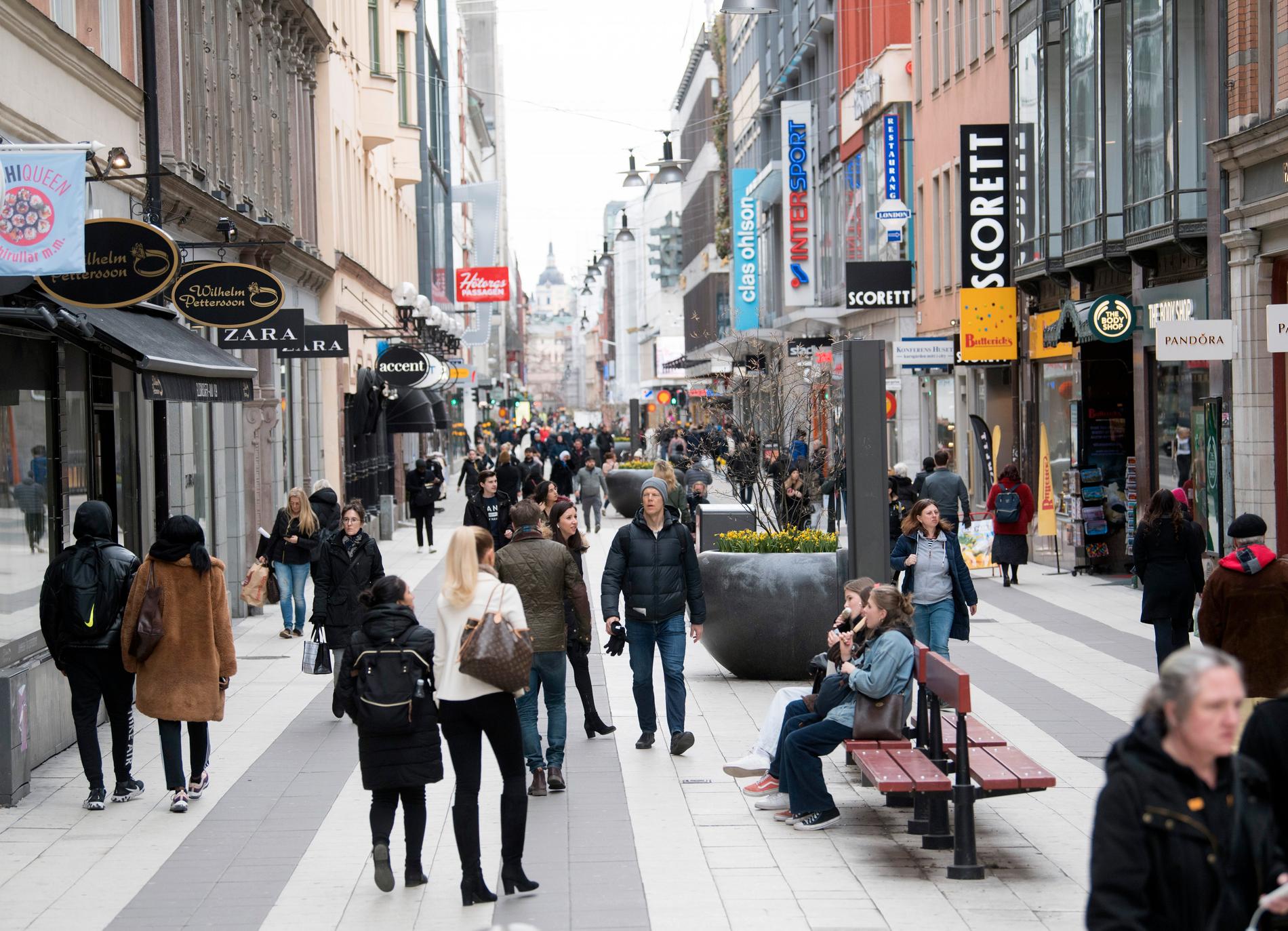
”A matter of common sense”
Sweden’s Prime Minister Stefan Löfven, in collaboration with state epidemiologist Anders Tegnell, keeps underlining the importance of all citizens to play their part in stopping the virus from spreading.
”No-one stands above the responsibility that every person now has,” Löfven said.
”We will never be able to legislate about everything, we will never be able to ban all harmful behaviour but at this point it is also a matter of common sense.”
Löfven’s British counterpart Boris Johnson sounds about the same – even though we haven’t heard much from him since he sadly contracted the virus himself last week. His corona slogan is easy; stay at home, protect the NHS (National Health Service) and save lives. The only difference is that here you can be fined up to £1000 if you don’t comply.
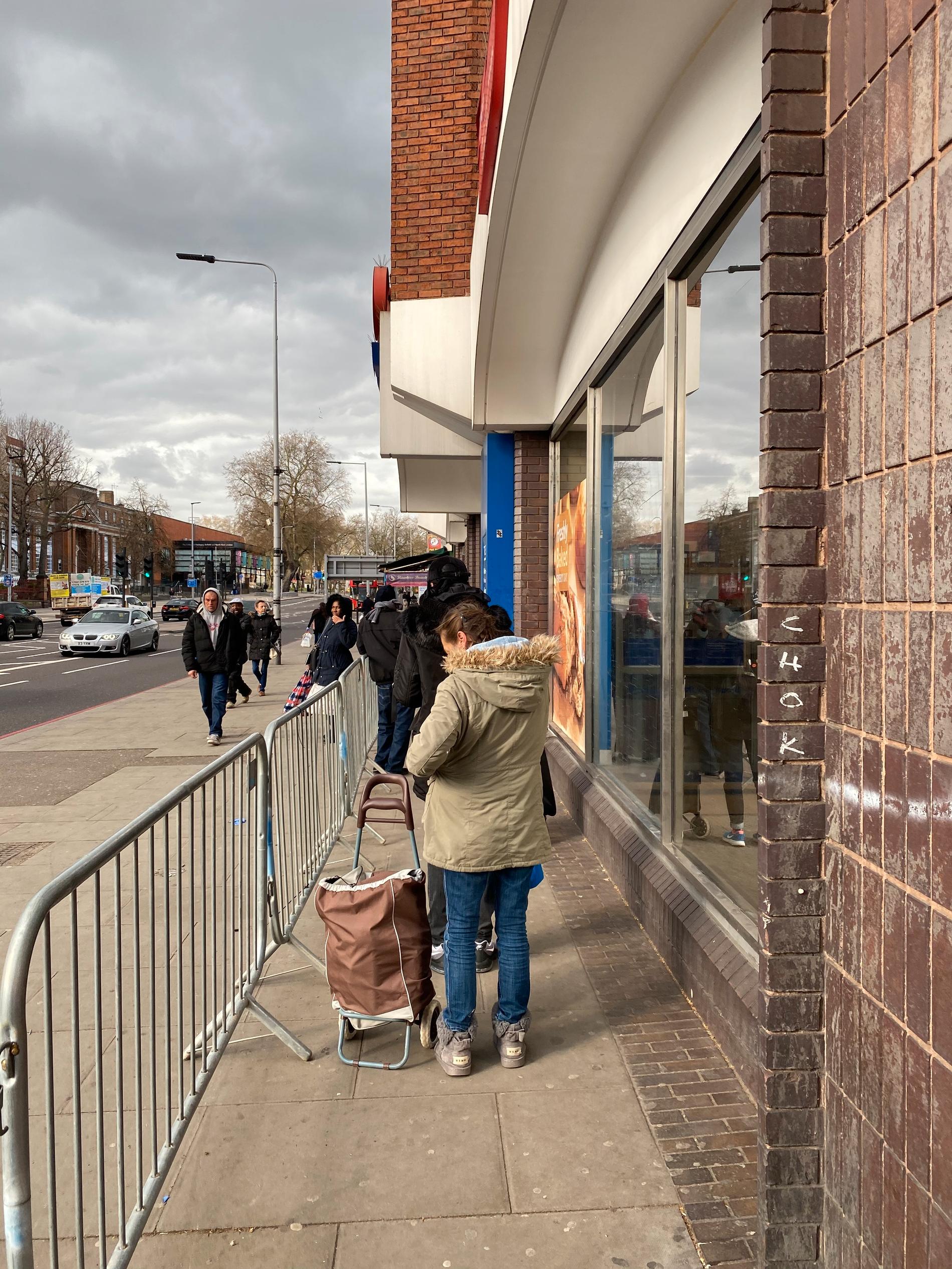
Across Britain, officers are doing their best with the unpleasant task to make sure citizens only leave their homes if necessary. Urging people to use common sense, they work with the four E’s: Engage with people, explain the law, encourage people to go home if they have no reasonable excuse and enforce – only as a last resort.
The last few days we have seen police in Derbyshire break up a private karaoke party of 25 people. The same police district uses drone cameras to take pictures of and shame Brits walking in the countryside during the lockdown, labelling taking the car to a national park for a walk with the dog as non-essential trip.
On Monday, 41-year-old Marie Dinou from York was fined £650 for refusing to tell police why she was travelling as they found her ”loitering between platforms” at Newcastle Central Station.
Britain’s strategy changed
Just over two weeks ago, I spoke to Anders Tegnell about the similarities between the Swedish and British response to the corona outbreak, both hoping to allow a steady stream of healthy young people getting the virus until society had reached a herd immunity that would stop the spread, without too much damage to the economy.
”I’ve been listening to the Brits and they say exactly what we say in Sweden. Britain and Sweden stand out because we – at least that’s what we think – are keeping a more scientific approach to this,” he said.
”It’s all about doing the right thing at the right time. We will do that because then we can keep the curve flat. We shouldn’t close schools and such until we really have to. It’s all about keeping as few people as possible isolated and imposing measurements by force won’t help.”
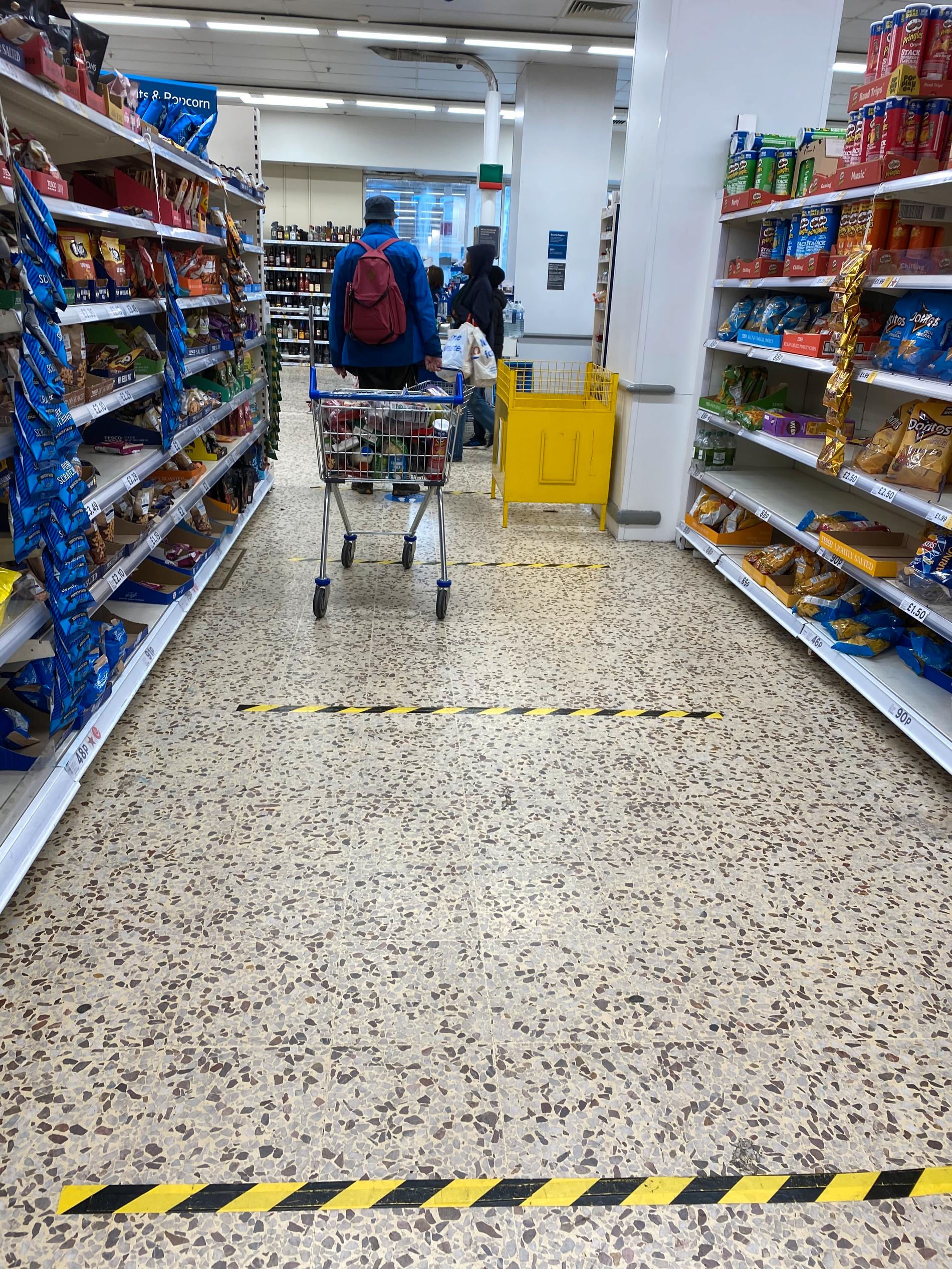
The following day, Boris Johnson completely changed his strategy after a report by scientists at Imperial College of London had said it could lead to a quarter of a million deaths in Britain. Schools and pubs closed but people still flocked to parks, beaches and markets over the sunny weekend, forcing the government to impose stricter measures.
Still leading the fight against the outbreak from his home, Johnson has warned of even stricter measures, and I am wondering if I should start making the most of my daily exercise while I can. At the same time, Stefan Löfven at a press conference on Tuesday asked children to not knock on elderly neighbours’ doors asking for Easter candy.
Harvard study gives Sweden right
Löfven and Tegnell are not ruling out stricter measures to be taken, they just want to do it as slowly as possible. As Paul Connolly points out, Swedes don’t want restrictions or police on the streets monitoring their whereabouts, that would rather cause panic. And Löfven seems to have got the people listening. When he asks pensioners to stay in, they tend to do it.
I must admit that there was something calming about the British response, to be told what I can and – most of all can’t – do. Having adjusted to a reality where a 30th birthday party in London means a glass of bubbly and board games at home with my two flatmates, it feels a bit odd to see Swedes in my country out and about. Friends here, in northern Italy and even in Wuhan, China, where they just let people out of their apartments after a two-month lockdown, are worried about Sweden and to some extent, so am I.
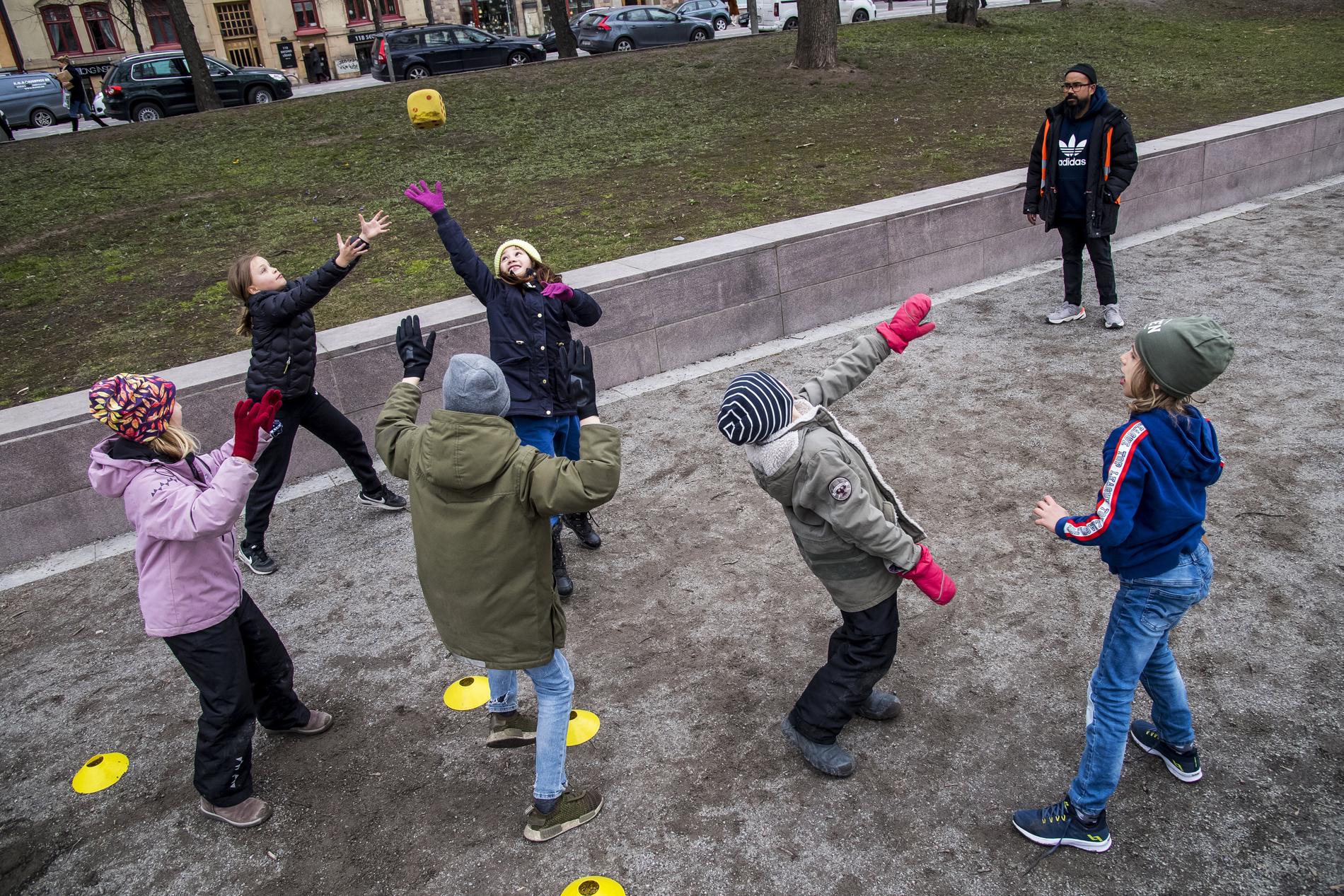
In a new study from Harvard University, four epidemiologists and immunologists have looked at how complete lockdowns can affect the spread of a virus in the long run. The results would support Sweden’s strategy. The best approach seems to be to push down the spread by 20% to 40% during the first 20 weeks, flattening the curve of people infected at the same time, and lowering the amount of infected during the whole pandemic. To forcefully push the spread down by 60% would mean fewer infected now, but more infected in a second wave this autumn.
And we might be in this for the long run. Sweden’s death toll has jumped up to 239, which means about 2.4 per 100 000 citizens. Britain’s equivalent is 3.5. Every graph points at this just being the beginning for both my country of birth and my country of residence. On Monday deputy chief medical officer Jenny Harries said restrictions on everyday life could last for six months.
”This will take much longer than we want it to take,” Stefan Löfven said in a SVT interview on Wednesday night.
Not for many years will we be able to know what was the best way to handle this crisis, if it is indeed ”a catastrophe” Sweden is heading for. It is a new virus and different cultures need different measures to tackle it.
But if this lockdown is a matter of months and not weeks, it might be easier to get the Swedes to actually stay home if such decisions are self-imposed rather than simply to avoid fines from drone-flying police officers.
